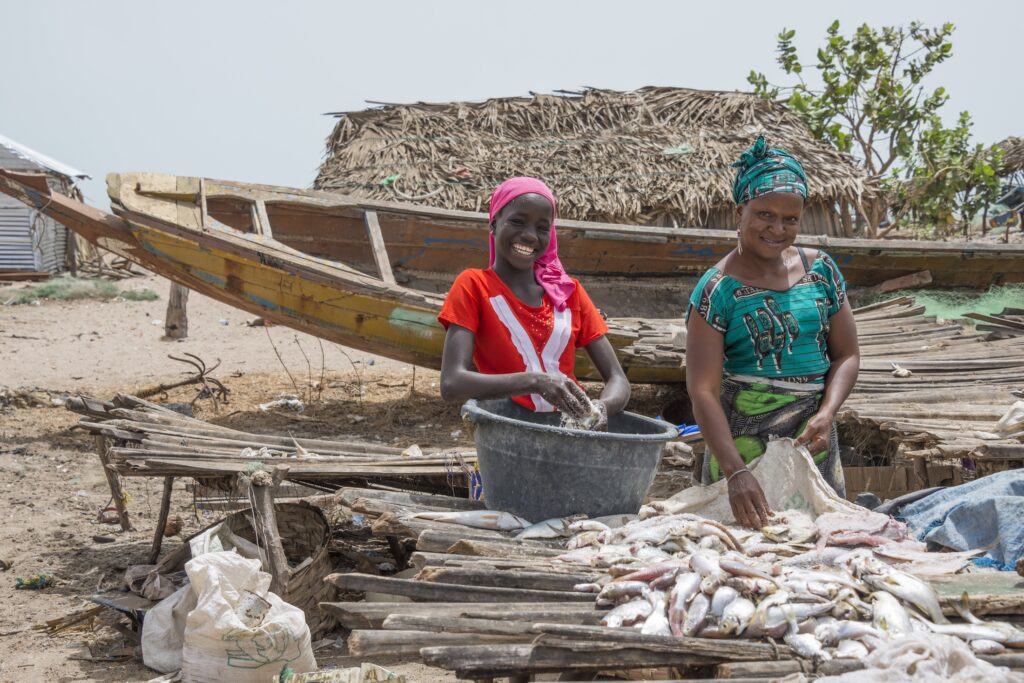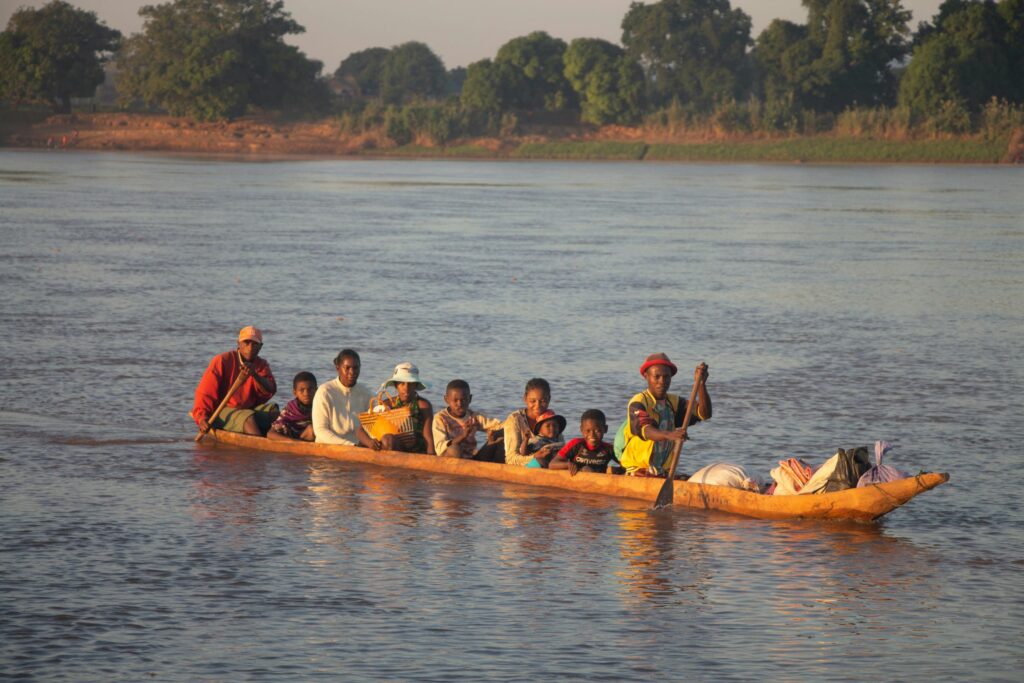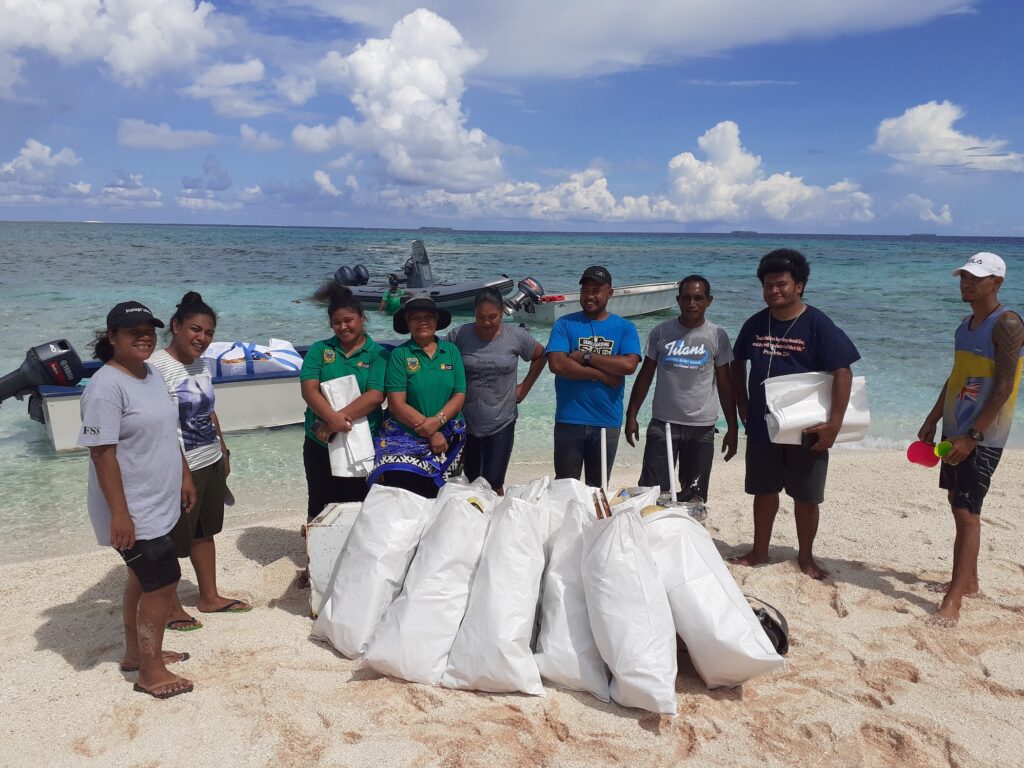What makes a good application?
It has been a busy few months for both the Ocean Community Empowerment and Nature (OCEAN) team and the global conservation and development communities. We have been so excited to announce the successful projects from round 1 and believe that this first set of projects will have real potential to reduce poverty in coastal communities promote and protection of our ocean.
Communities all over the world are the environmental stewards of the ocean and depend on it for their food and livelihoods. They observe how fish populations change over time and are well placed to implement management of coastal areas as they are most affected by the ongoing decline in fish stocks and increasing threats from climate change.
As Chair of the Expert Committee, I am privileged to review many applications to OCEAN. Here are some tips that I hope will be helpful to would be applicants as they design their projects and partnerships.
Partnerships matter. OCEAN is built around supporting and promoting community empowerment. For Partnership grants we are looking for meaningful partnerships between large and small NGOs with capacity building at their heart. Projects need to showcase the role of the local partners and clearly map out how Lead Organisations are involved, as well as the efforts which will be taken to ensure that all project partners are meaningfully included at all stages of the project. Given this is Official Development Assistance (ODA) funding, putting poverty reduction at the heart of marine protection efforts is crucial, which means a coming together of conservation and development communities.
Sustainability is key. Many of us are all too familiar with the funding constraints of grant funding cycles. With OCEAN we are looking for innovative ways to build financial sustainability into project design, reducing the need for indefinite grant funding after the project end. We do recognise that depending on the maturity of the project in question, this may be an ongoing process that takes time.
Focus and logic. Projects should be designed in a way which speaks to the specific skills and experience of the partners involved. Many projects in the first round were incredibly ambitious, bringing in multiple elements to address nearly the full range of Blue Planet Fund outcomes. Projects may be stronger if they focus on a few key areas and clearly outline the logic of the planned actions and activities. Projects should be based on global best practice and demonstrate support to coastal communities with regards to poverty reduction and marine protection.
Realistic objectives. Once you have decided what the focus of the project is, and where the skills of the project team best fit, make sure your objectives are realistic. Objectives should be Specific, Measurable, Achievable, Relevant and Timebound (SMART). Using this framing will make it really clear to the Expert Committee reviewers that your project has been designed in a way which will encourage success.
Fully consider the risks. Full consideration of potential risks and appropriate mitigations to manage these is important. Including a complete risk assessment with your proposal will show the Expert Committee that you understand both the positive and potential negative impacts of your proposed project. Raising multiple risks will not impact your score if appropriate mitigation is considered, and shows us that you have a deep understanding of the local context in which you will be working.
Read the guidance. This may seem obvious, but a huge number of applications were rejected in round 1 due to being ineligible particularly related to the income criteria. For example, if your organisation has an annual income of GBP 100,000 you can apply for a maximum annual grant amount of GBP 50,000, i.e. half your annual income. Read the guidance thoroughly and make sure that your proposal gets fully reviewed!
Next Steps
For OCEAN’s second round, which will be launching in January 2025 we will be prioritising projects that focus on gender equality, disability and social inclusion (GEDSI), while still welcoming other applications that meet the OCEAN eligibility requirements and minimum criteria.
I encourage community groups, CSOs and NGOs to consider how OCEAN might help them to reduce poverty and contribute to marine protection. OCEAN prides itself on supporting potential applicants and the feedback we provide to all applications, whether they are successful or not. It is in all our interests that the ocean is protected and that the millions of people living in coastal zones are better able to manage these precious marine resources for the future survival of people and planet.
The whole Expert Committee is looking forward to getting stuck into the next round of reviews. Please keep an eye out for updated guidance documents launching in January 2025 as there may be a few changes, and reach out to the help desk if you have any questions. Good luck!
Sophie Benbow is Chair of the OCEAN Expert Committee and Director, Marine at Fauna & Flora
Image: Beach cleanup, Tuvalu/NIRAS






